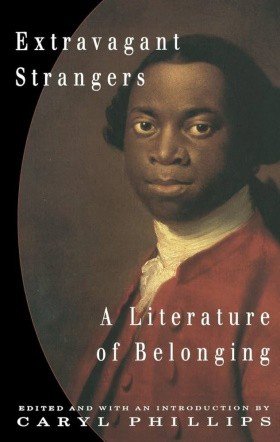Look partner dat’s where they make the blades, partner, all yuh shaving you say you shave you do cause o’ that place. Look it, ol’ man, they make yuh blades there.
Ponds, ol’ man, look Ponds. They make cream there. All those women back home depend on what happen in there. Look, Ponds Cream. Look Tornado you see that. Paint. They make paint there. Look. Paint. You dint see that, partner. You see that. They make life there. Life. What life partner. Where you say they make what.
Life partner. Read it. Hermivita gives lie. You ain’t see it.
In the same direction, look, they make death there, ol’ man. Look. Dissecticide kills once and for all. Read partner. Look what they make.
They make everything here on this side. All England like this.
Peter Porter
[1929-]
Peter Porter was born in Brisbane, Australia, and lived his early childhood in the shadow of his mother’s illness. She died when he was nine. Porter remained in Brisbane for the duration of his formal education and from 1947 to 1948 worked there as a journalist. In 1951 he moved to England, where he has lived ever since.
For ten years, Porter worked as a clerk, bookseller and advertising writer in what he would later refer to as temperate London, our educated city’. He married Jannice Henry in 1961 and the couple had two daughters. The year of his marriage Porter published his first collection of poetry, Once Bitten, Twice Bitten. In 1968 he began to earn a living from freelance writing and broadcasting. He has also, since 1970, been a university lecturer and has been writer-in-residence at various English, Scottish and Australian universities.
In 1974 his wife committed suicide, an event he has written about in several poems, including ‘Exequy’. The majority of his themes, however, seem to have been inspired, as one critic put it, by a ‘queasy fascination with the London scene, consumer goods, and casual sex’, all seen with the eyes of a ‘privileged outsider’. As an Australian, Porter is ‘alienated’, according to his compatriot Clive James, by his ‘European sensibility’, and perhaps to counteract his alienation he has, through his writing, ‘set about imaginatively possessing Europe’.
Since 1961 Porter has produced a substantial body of poetry that has earned him recognition as a satirist and rhetorician, and has prompted comparisons with W. H. Auden. In addition to publishing collections of his own work, Porter has been represented in numerous anthologies. In 1976 he received the Cholmondeley Award and in 1983 he won the Duff Cooper Memorial Prize for Collected Poems. He also won the Whit-bread Prize in 1988 and was a recipient of the Gold Medal for Australian Literature in 1990.
Porter’s poem ‘An Ingrate’s England’ (1989) reveals a great ambivalence about his relationship to Britain. After nearly forty years as a resident, the poet is still attempting to write and think his way into the essential fabric of the country.
AN INGRATE’S ENGLAND
It is too late for denunciation:
That the snow lingers on the sill
And that there are too many newspapers
Is the same as telling yourself
You’ve given this country forty years
Of your days, you’re implicated
In the injustices of pronouns
And the smarter speech of sycamores.
This is the England in your flesh,
A code enduring Summer while
Tasteless birds flap at the edge of
Civilizing concrete. Some have found it
Necessary to reimagine Nature
And stop importing Wordsworth
To shame the bugles from the evening air –
You were born in not the colonies but God.
Yet the brain cannot be Gloucestershire
And vents of human hate are viewed
As old cathedrals across osiers.
The selling of the past to merchants
Of the future is a duty pleasing to
The snarling watercolourist. Prinny
Used to ride by here, and still the smoke
Of loyalist cottages drips acid rain on voices.
The trains in their arched pavilions leave
For restless destinations, their PA Systems
Fastidious with crackle; nobody

























